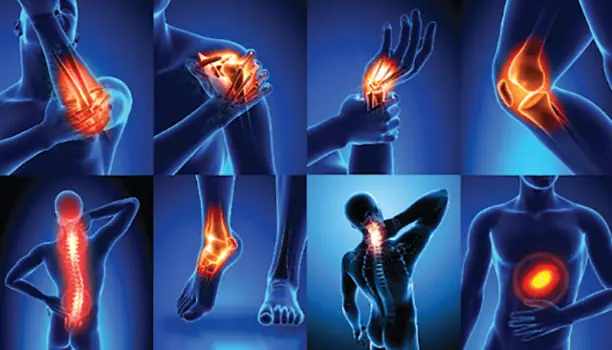
7 Early Signs Your Heart May Be in Danger – Don’t Ignore #3!

Your heart works tirelessly every second of the day to keep you alive — beating over 100,000 times a day without pause. But when something goes wrong, it often whispers before it screams. Heart disease remains one of the leading causes of death globally, and the tragedy is that many people ignore or dismiss early warning signs until it’s too late.
By catching these early symptoms, you could prevent serious complications — or even save your life.
Here are 7 subtle but crucial signs your heart may be in danger:
1. Chest Discomfort
This is the most well-known and classic sign of heart trouble. It may feel like tightness, pressure, squeezing, fullness, or even pain in the center of your chest. Some people describe it as “an elephant sitting on their chest.”
This discomfort may come and go or last more than a few minutes. It might happen while you’re resting or during physical activity. Either way, it’s a serious red flag. Never ignore chest pain, no matter how mild it may seem — seek medical attention immediately.
2. Shortness of Breath
Feeling winded after climbing stairs is one thing. But if you're short of breath after minimal activity — or worse, while sitting or lying down — that could be a sign that your heart isn’t pumping blood effectively.
When the heart weakens, blood can back up into the lungs, making breathing more difficult. This symptom is often more noticeable at night or when lying flat. Persistent shortness of breath, especially when unrelated to exertion, should never be ignored.
3. Fatigue That Won’t Go Away
We all feel tired sometimes. But overwhelming or persistent fatigue — especially when it's sudden or unexplainable — can be a sign of a struggling heart.
If simple tasks like walking, grocery shopping, or climbing stairs suddenly leave you drained, your body might not be getting the oxygen it needs due to poor blood circulation.
This symptom is particularly common and under-recognized in women. Listen to your body when it tells you something feels “off.”
4. Swelling in the Legs, Ankles, or Feet
Swelling — particularly in the lower extremities — is a sign that your circulatory system isn’t functioning properly. When your heart can’t pump blood efficiently, it causes fluid to pool in the body.
This condition, known as edema, can make your shoes feel tighter or your ankles look puffy. If this swelling becomes regular or worsens over time, it could point to congestive heart failure or other cardiovascular issues.
Don’t assume it’s just from standing too long or eating salty food.
5. Irregular Heartbeat (Arrhythmia)
It’s normal to occasionally feel your heart skip a beat or flutter with excitement. But if it becomes frequent, sustained, or happens at rest, it could be a sign of atrial fibrillation or another arrhythmia.
This type of irregular heartbeat can increase your risk of stroke, heart failure, and other complications. You may feel like your heart is racing, pounding, or fluttering without reason.
If your heart feels “off” consistently, don’t wait — get it checked.
6. Pain in the Neck, Jaw, or Back
Heart-related pain doesn’t always appear in the chest. For some people — particularly women — a heart attack may manifest as pain in the neck, jaw, shoulders, or upper back.
This type of referred pain is often misdiagnosed as muscle strain, indigestion, or even dental problems. If the pain is sudden, unusual, or worsens during physical exertion, it may be your heart sending distress signals.
7. Cold Sweats and Lightheadedness
Breaking into a cold sweat, feeling dizzy, or fainting might seem like symptoms of anxiety, dehydration, or low blood sugar. But when paired with other symptoms like chest discomfort or shortness of breath, they may indicate that your heart isn't pumping enough blood to the brain.
This lack of circulation can be a warning sign of an impending heart attack. Don't dismiss these symptoms, especially if they occur suddenly and without explanation.
What to Do If You Notice These Signs
If you experience any combination of these symptoms — particularly chest pain, shortness of breath, or unexplained fatigue — don’t wait. Time is critical when it comes to heart conditions.
Call emergency services right away. The sooner you get medical attention, the better your chances of avoiding permanent damage or worse.
Also, don’t self-diagnose or downplay your symptoms. Many people delay treatment because they think it’s “just stress” or “nothing serious.” But it’s better to be cautious and wrong than careless and right.
Final Thoughts
Your body is incredibly intelligent — and it's always trying to communicate with you. These subtle signs might be its way of telling you your heart needs attention.
By being aware of these early symptoms, taking action quickly, and getting regular health checkups, you can dramatically reduce your risk of serious heart conditions.
Listen to your heart — literally and figuratively. Taking care of it now means more years, more memories, and more life ahead.
News in the same category


Proven Health Benefits of Matcha Green Tea: Weight Loss, Cancer and More (Evidence Based)
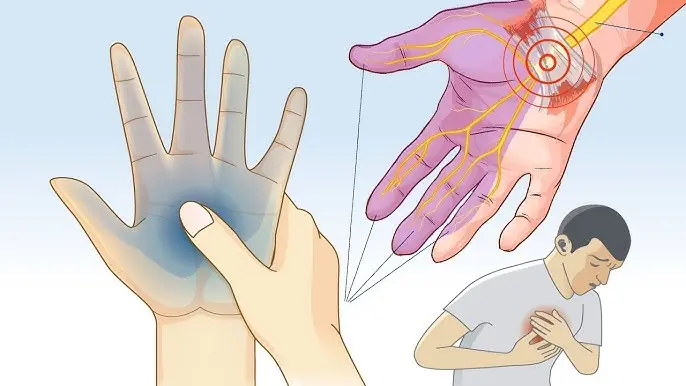
Waking Up with Numb or Tingling Hands: What It Really Means (Science Based)
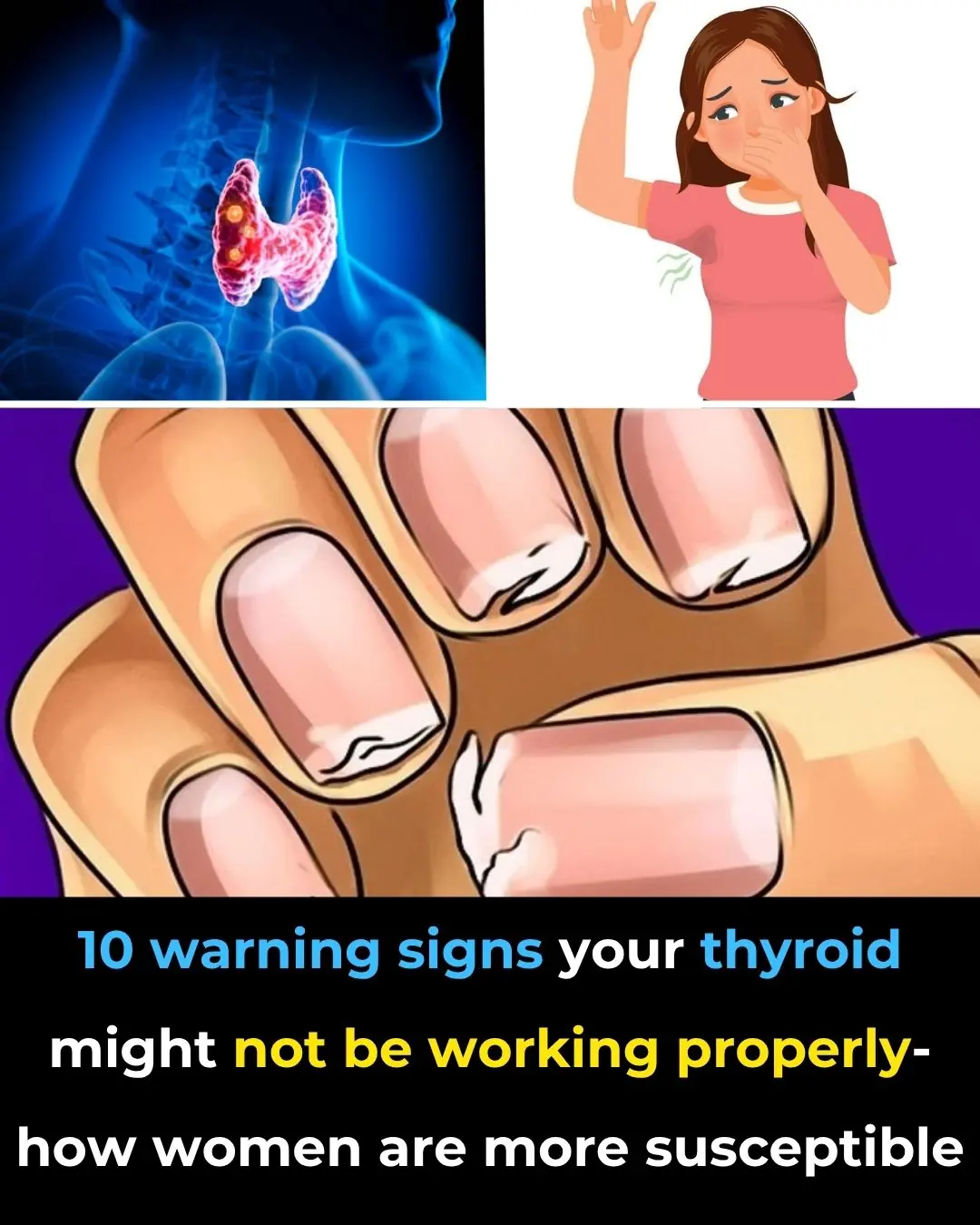
Thyroid Gland: How to Balance Its Hormones

Gluten Intolerance Warning: Eczema and Other Hidden Signs Revealed

Your Body Is Begging You to Notice These High Blood Sugar Warnings
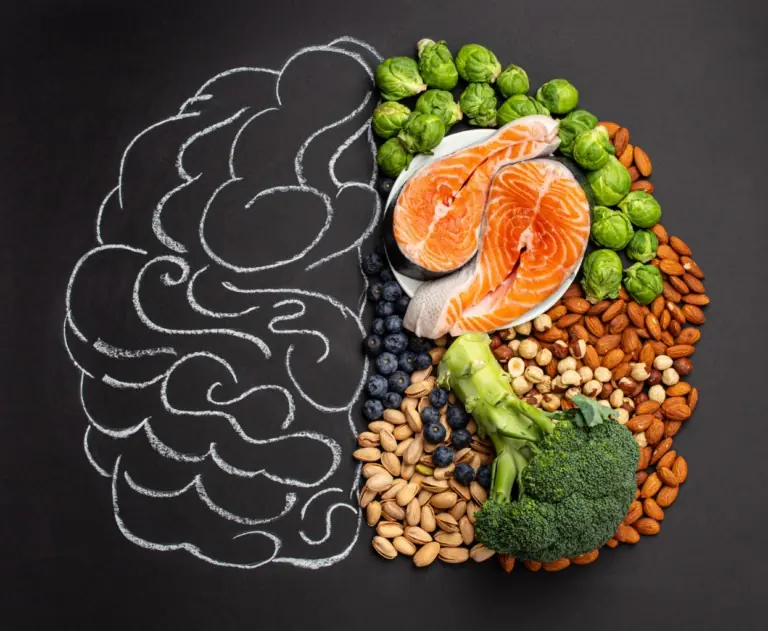
Research Reveals 12 Powerful Foods to Boost Your Brain, Improve Memory, and Make You Smarter
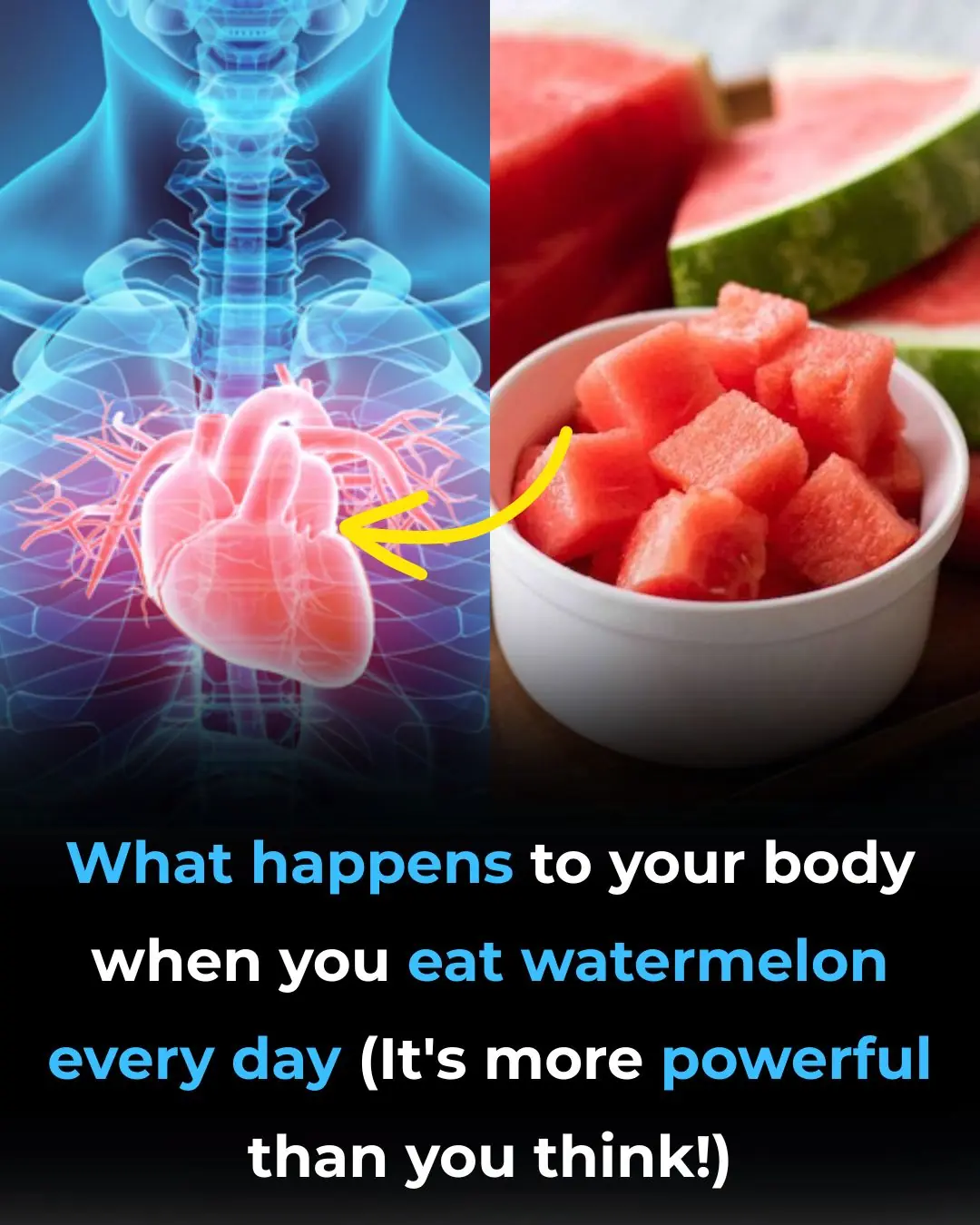
Proven Benefits of Watermelon and Watermelon Juice Including Nutrition Facts (Science Based)

Proven Health Benefits of Okra That Are Based On Science (Including Nutrition Facts)
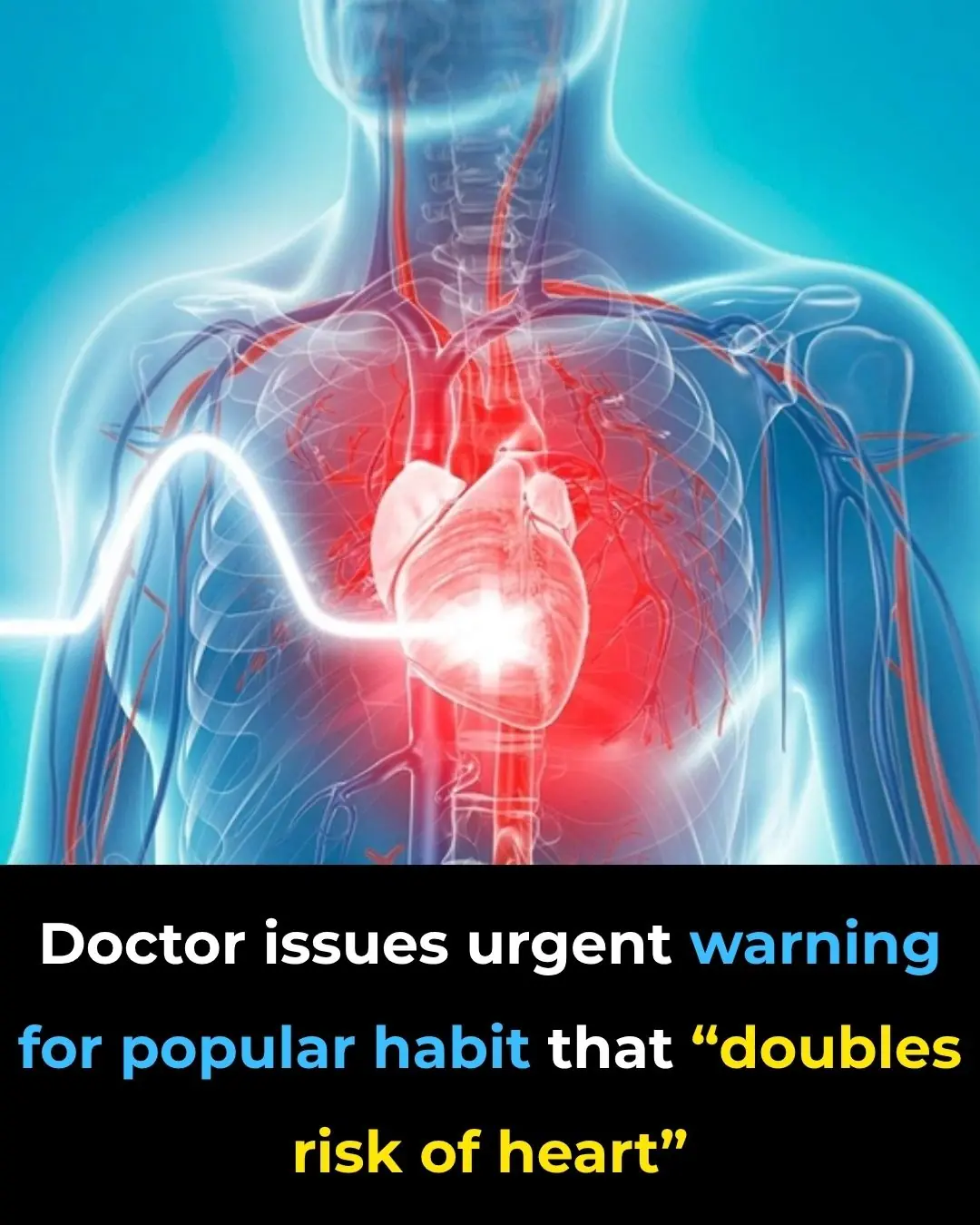
What Causes a Heart Attack? 13 Health Conditions to Watch For
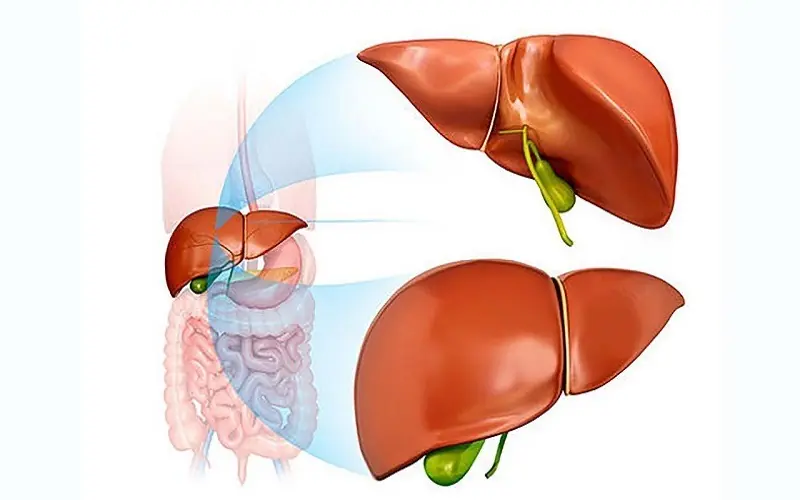
10 Proven Foods to Stimulate Your Liver and Remove Toxins Fast
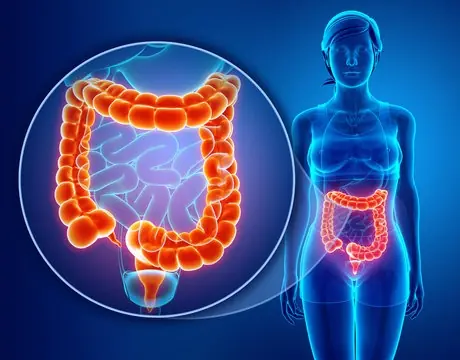
Scientists Reveal How to Cleanse Your Colon Fast Using Just 2 Simple Ingredients
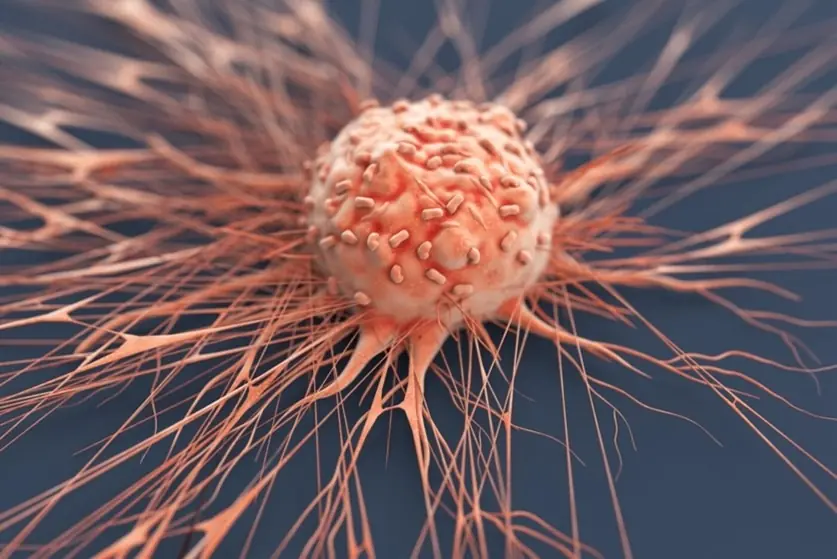
Doctors Urge: Stop Eating These 6 Foods That Fuel Cancer Growth
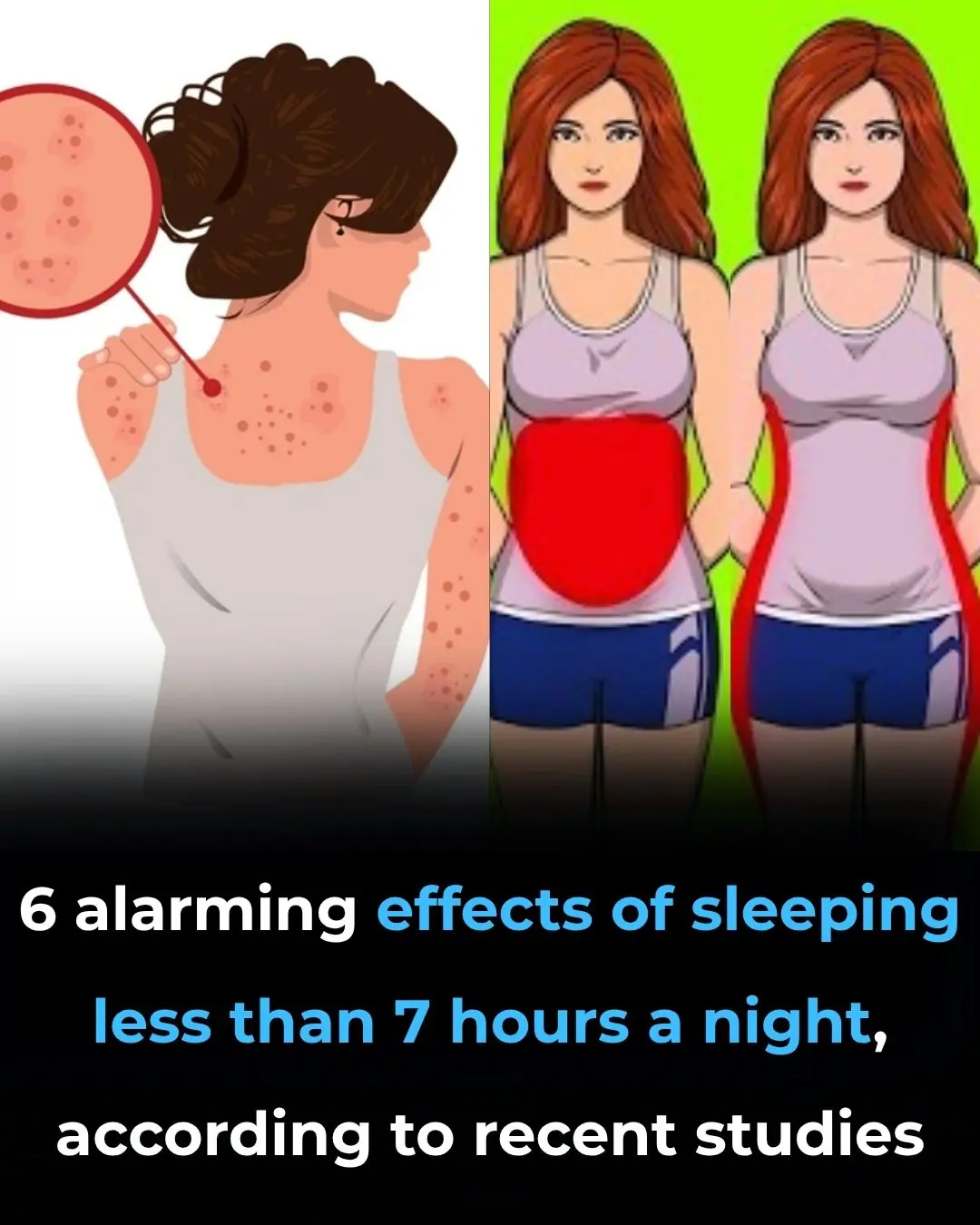
Sleeping Naked: 8 Surprising Benefits
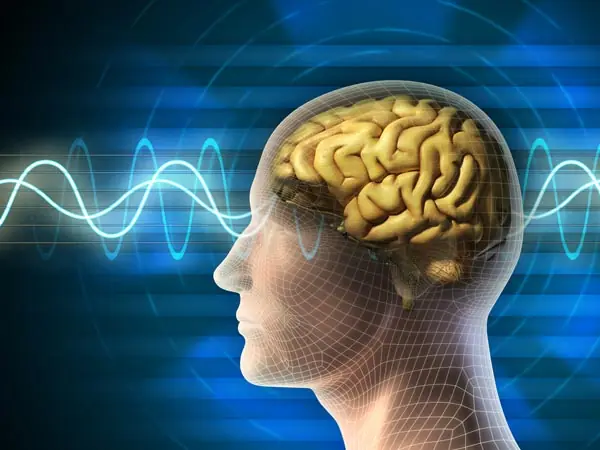
8 Habits That Could Damage Your Brain (According to Research)

What Causes Belly Fat: Foods that Cause Belly Fat and Other Causes of Belly Fat
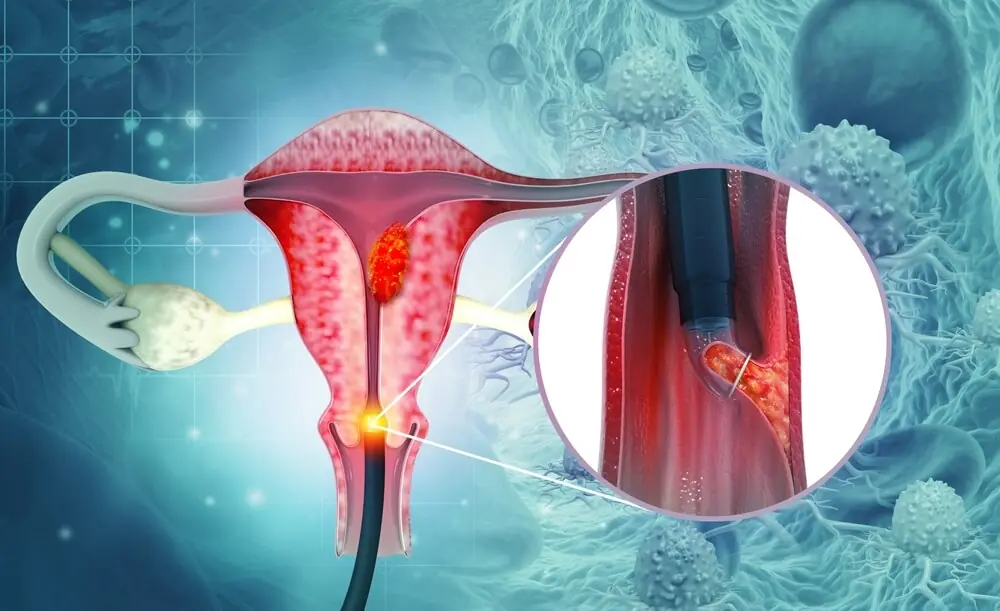
10 Warning Signs of Cervical Cancer You Shouldn’t Ignore
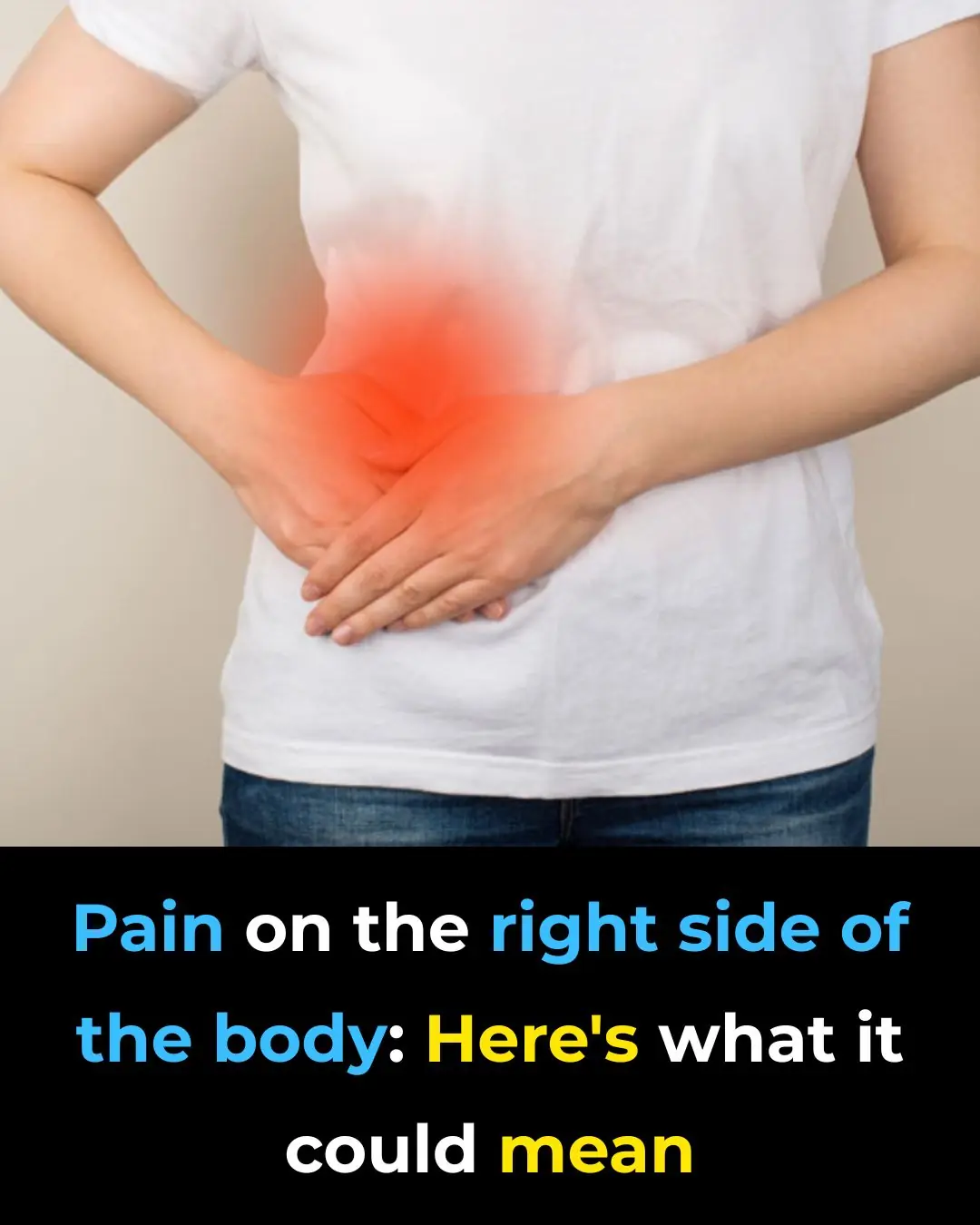
4 Common Causes of Body Pain on the Right Side
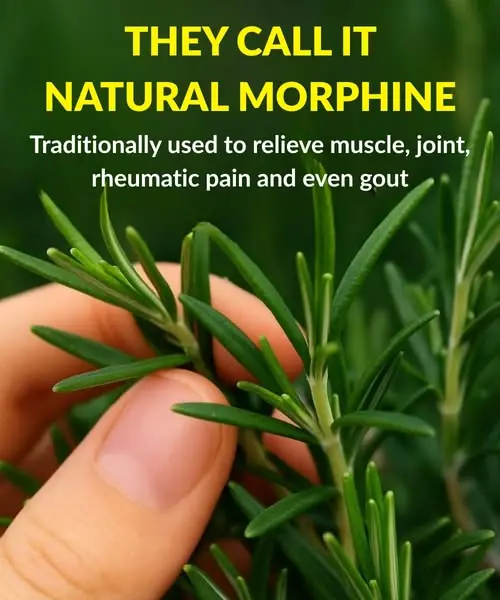
Discover the Power of Rosemary: Nature’s Potent Pain Reliever & Healing Herb
News Post

Proven Inflammatory Foods to Avoid According to Science

A Quiet Act of Kindness That Restored My Faith in Humanity.

Proven Health Benefits of Matcha Green Tea: Weight Loss, Cancer and More (Evidence Based)

A Boy Named Shayden Just Wanted One Thing: A Friend — Can We Help?

Waking Up with Numb or Tingling Hands: What It Really Means (Science Based)

My MIL Kicked My 6-Year-Old Daughter Out of My Nephew’s 7th Birthday Party – When I Found Out Why, I Had to Teach Her a Lesson

One Day My FIL Snapped, 'Did You Forget Whose House You're Living In?' — I Felt Humiliated and Had to Str!ke Back

Amazon's forgotten $500,000,000 deal that 'killed' Toys 'R' Us in 'cruel' move

The real reason why nobody has ever found human remains inside the Titanic wreckage

My Parents Kicked Me Out for Refusing to Attend Their Dream College — Five Years Later, They Got a Lesson They’ll Never Forget

I Thought My Daughter Was Just Going Through a Phase, but Her Journal Exposed a Truth I Wasn't Ready for – Story of the Day

Scientists Reverse Aging of a 53-Year-Old’s Skin Cells to That of a 23

Thyroid Gland: How to Balance Its Hormones

Gluten Intolerance Warning: Eczema and Other Hidden Signs Revealed

Your Body Is Begging You to Notice These High Blood Sugar Warnings

Research Reveals 12 Powerful Foods to Boost Your Brain, Improve Memory, and Make You Smarter

The Dog Who Never Ran Away Again.

Officer’s Quick Fix Turns Routine Call into a Viral Moment of Kindness.

My son brought a psychiatrist home to have me declared legally incompetent.
